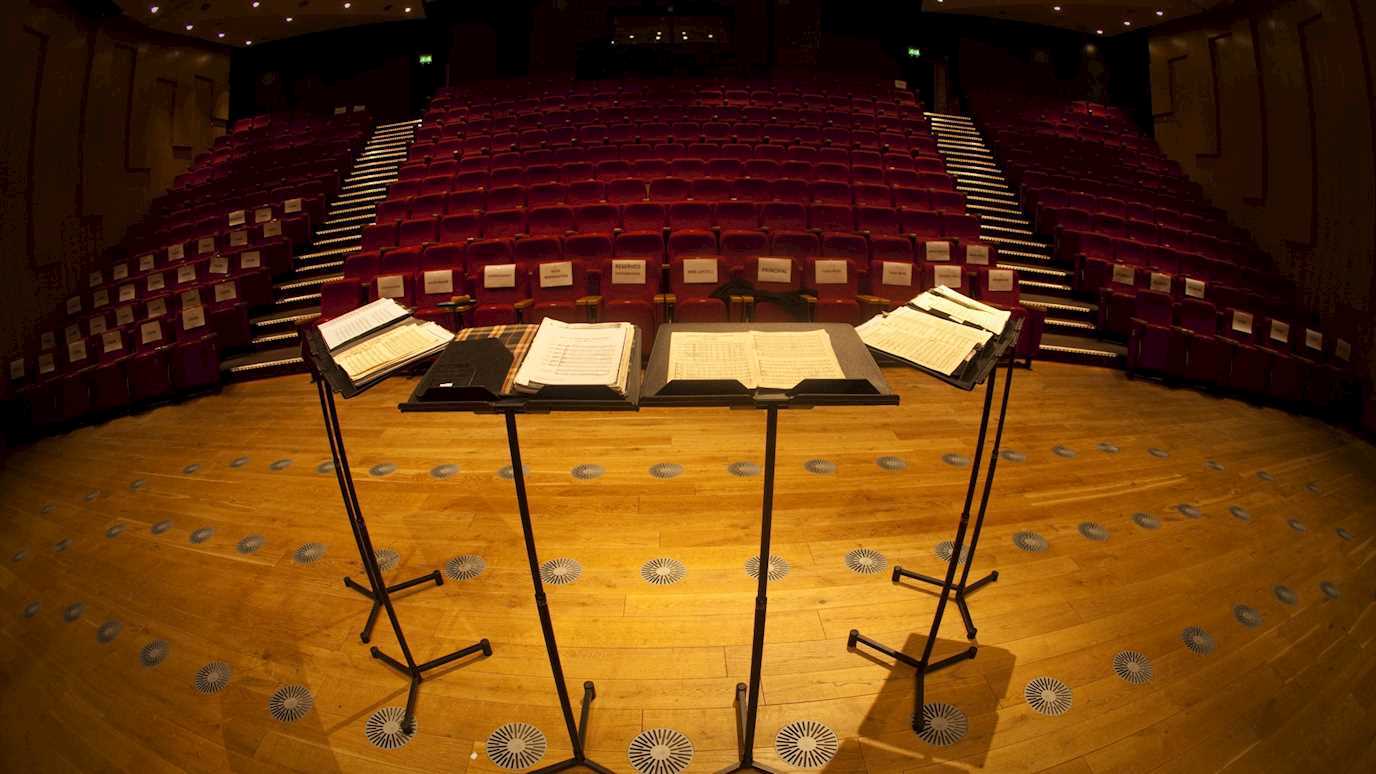1.imdb.com
This is now an extremely reliable resource, even for music credits. It is not always consistent with the way it offers information, however. Details usually relate to copyright credits at the ends of films, but they are not included if not legally necessary (e.g. a studio-era in-house orchestra performs an out of copyright classical composition for a soundtrack). However, re-used recordings of public domain composers are still included if the recordings are still in copyright. For ‘catalogue musicals’, all songs are usually listed. If the songs where previously used in other films, this is usually mentioned and a hyperlink provided. But if the songs were used in stage musicals or revues, this won’t necessarily be mentioned. However, you can google the song name and find that information quite quickly yourself.
2.Jeff Smith, The Sounds of Commerce: Marketing Popular Film Music (New York: Columbia University Press, 1998)
This is a landmark study of popular songs use in various corners of the music industry. Smith provides an excellent historical account of the context within which sheet music publishers, record companies, film and radio interacted increasingly closely, and came to depend more and more on each other. In effect, it is a history of global media corporations from a musical perspectives. Though it doesn’t deal directly with musical theatre, the book does deal closely with film; musical theatre is often found between the cracks.
3.Rick Altman, The American Film Musical (Bloomington: Indiana University Press, 1989)
In this thorough, albeit sometimes a bit theoretical, account of the American film musical genre, Altman identifies a number of genre subtypes, and discusses the structure of the musical along the way.
4.John Kenrick, Musical Theatre: A History, 2nd edition (Bloomsbury, 2017)
This is a really useful history of the musical theatre, which will repay your investment!
5. Tim Carter, Oklahoma!: The Making of an American Musical (Yale University Press, 2007)
Carter comes from solid base in archival musicological research (Mozart as well as music of the late Renaissance), and directs his skills towards the Rodgers and Hammerstein archive. It’s a great achievement, and full of lots of detail. He is particularly good here at identifying the ideological context within which the concept of ‘integrated musical’ emerged.
6. Tim Carter, Rodgers and Hammerstein’s Carousel (New York: Oxford University Press, 2017)
Similar comments as above. A thoroughgoing account of this musical. The last word in terms of correct sources, etc. Tim is also a terrific music analyst.






















